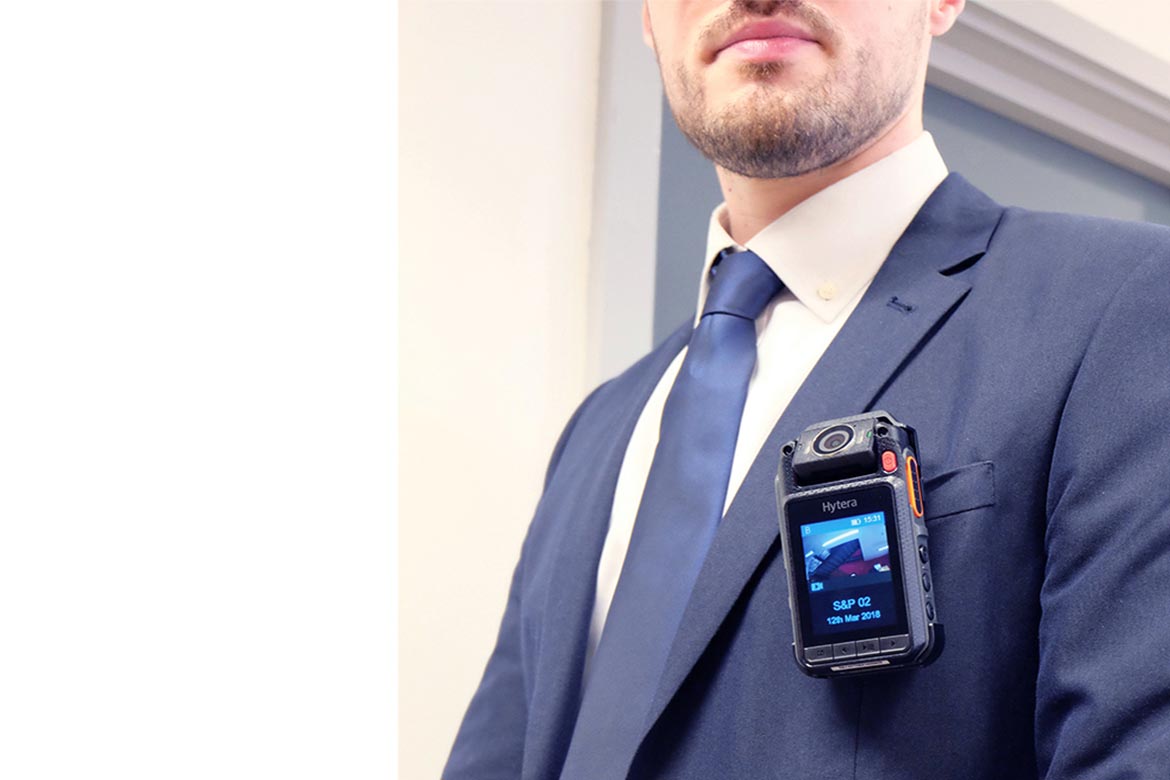Security Threats in Australian Retail and How Guards Mitigate Them

Security Threats in Australian Retail and How Guards Mitigate Them
In the Australian retail sector, security threats range from shoplifting and vandalism to sophisticated cyber-attacks. The presence of trained security guards is crucial in mitigating these risks, ensuring the safety of employees, customers, and assets. This article delves into the primary security threats facing Australian retailers today and explores the ways in which security personnel help prevent these challenges from escalating.
1. Shoplifting and Theft
Shoplifting remains one of the most pervasive issues in retail security. Criminals often target high-value items, costing retailers significantly in lost revenue. Security guards play a proactive role by patrolling store aisles, monitoring for suspicious activity, and addressing incidents discreetly.
2. Organized Retail Crime
Beyond casual shoplifting, organized retail crime involves groups coordinating to steal large quantities of goods for resale. Guards are trained to recognize these patterns and work with local law enforcement to prevent and respond to such incidents swiftly.
3. Vandalism and Property Damage
Retail properties are often targeted for vandalism, especially in high-traffic areas or during times of civil unrest. Security guards deter vandals with a visible presence and can respond immediately to any incidents. Additionally, mobile patrol services provide an extra layer of security by regularly checking areas that may be vulnerable.
4. Workplace Violence
Retail staff occasionally face aggressive behavior from customers or individuals with malicious intent. Security guards are trained in de-escalation techniques, reducing the risk of violence and ensuring that employees feel safe and supported in their environment.
5. Internal Theft
Employee theft is a growing concern for retailers, accounting for a considerable portion of inventory loss. Security guards help by monitoring high-risk areas and conducting regular audits, ensuring transparency and accountability.
6. Cybersecurity Threats
Although traditionally handled by IT departments, the security of digital assets also requires physical safeguarding. Many retailers store customer data on-site, and guards can help prevent unauthorized access to restricted areas and secure these digital systems.
7. Emergency Situations
Fires, floods, and other emergencies demand immediate action to protect lives and property. Security personnel are trained to handle evacuation procedures, provide first aid, and communicate effectively with emergency responders, ensuring a swift and organized response.
8. Shoplifting Deterrence with Hospitality Approach
In settings like hospitals with retail sections, shoplifting can occur frequently. Guards in hospital security services maintain vigilance while also using a customer-friendly approach to deter theft without creating a hostile environment.
9. Fraudulent Activity and Counterfeit Payments
Retailers are increasingly encountering fraud, including counterfeit payments and false returns. Security guards assist by monitoring transactions and helping staff verify suspicious currency or returns, contributing to a secure transaction process.
10. Crowd Control During Sales and Events
During major sales and events, crowd control becomes essential to prevent chaos and maintain customer safety. Security guards are skilled in crowd management techniques, ensuring smooth operations and reducing risks of accidents or aggressive behavior.
11. After-Hours Security
Retailers often face heightened risks after hours. Mobile patrol security helps safeguard properties overnight, providing regular surveillance and preventing break-ins when the store is closed.
12. Safety in Parking Lots
Parking lot crime, including car thefts and assaults, can impact the safety of retail customers. Security guards monitor parking lots, providing assistance as needed and ensuring a safe environment from the storefront to customers’ vehicles.
13. Monitoring of Suspicious Behavior
Security guards are trained to spot and respond to suspicious behavior. From potential shoplifters to people loitering in restricted areas, guards act proactively to prevent security threats from escalating.
14. Maintaining a Secure Atmosphere
A visible security presence promotes a sense of safety and deters potential criminals. Customers feel more secure when guards are on duty, enhancing the retail experience and instilling a culture of trust in the store environment.
15. Surveillance and Reporting
Guards are trained to operate surveillance systems, ensuring comprehensive monitoring of retail premises. They also document incidents meticulously, providing valuable data for risk assessments and future security strategies. To learn more about comprehensive security options, visit Security Guard Services.
Conclusion
Security threats in the Australian retail sector are diverse and require vigilant management. From shoplifting to cybersecurity risks, trained security guards offer critical protection, ensuring a safe shopping environment for customers and staff alike. By leveraging their expertise, retail businesses can effectively reduce security threats and enhance operational resilience.







